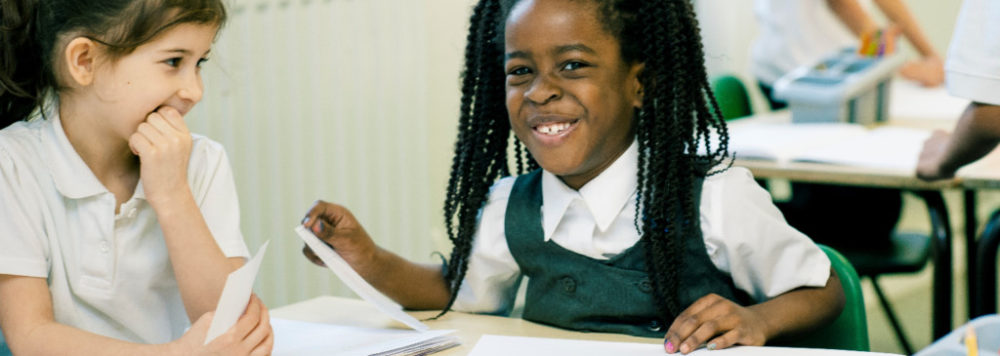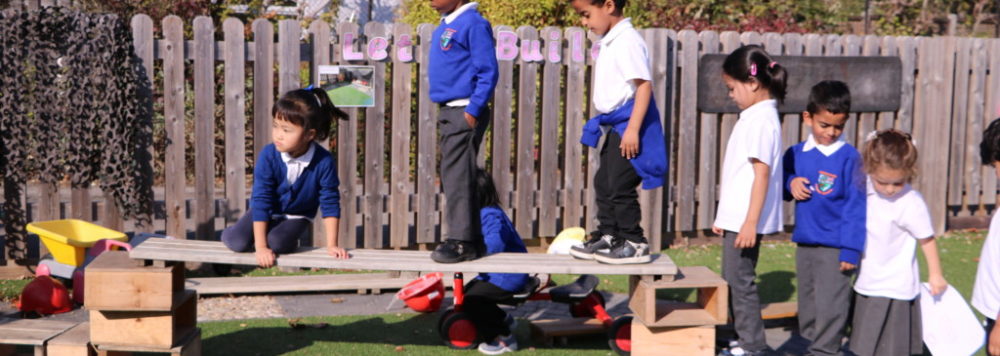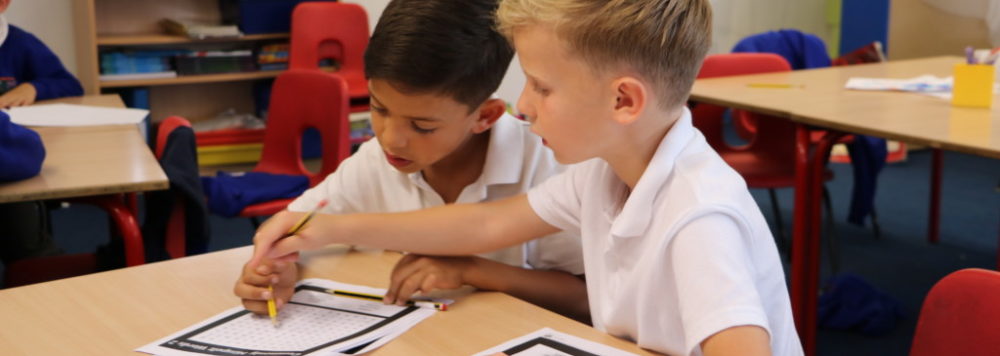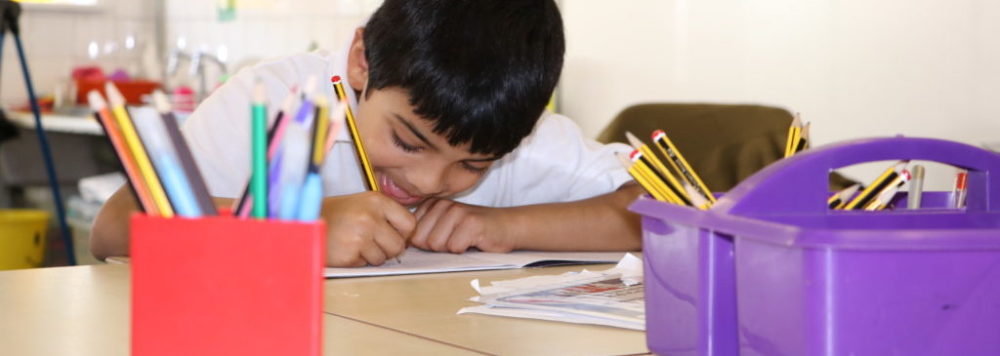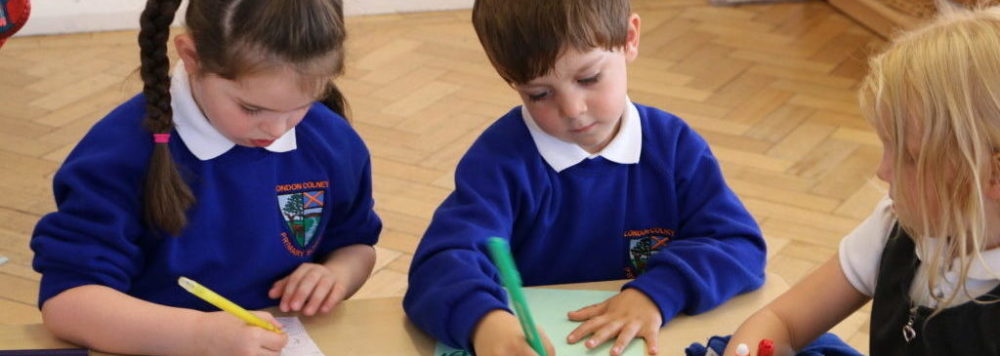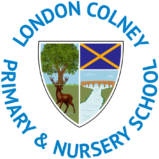At London Colney Primary & Nursery School, we promote ‘British Values’ through our spiritual, moral, social and cultural education which permeates through the schools’ curriculum and supports the development of the ‘whole child’. We recognise that such development is most successful when those values and attitudes are promoted by all the staff and provide a model of behaviour for our pupils.
Democracy
Pupil voice is at the heart of our school, with pupils voting upon and making decisions over key aspects of their learning and school life. Pupils have the opportunities to vote on the topics they learn in class and, where appropriate, have ownership over the level of challenge in their work. Pupils are consulted regularly by leaders at all levels about the successes and impact of actions taken as a school and what they believe our next steps are. Each year, an election is held with pupils having the opportunity to elect MPs from our Year 6 class. These elected MPs then host meetings throughout the year to capture the voice of the children from across the school. There are ample opportunities for children to take on leadership roles within school, ranging from Prefects and Peer Tutors to Play Leaders and Healthy Lifestyle Ambassadors. Before fulfilling this role, children are encouraged to write a letter of application and attend an interview conducted by a member of the Senior Leadership Team.
Other ways we promote Democracy in school are:
- Themes about democracy in assemblies
- Staff questionnaires
- Parent and Carer questionnaires
- Parent representative meetings
Rule of Law
A consistently applied Behaviour Policy is shared with the children and visible in all areas of the school. Expectations are reinforced regularly and opportunities are sought frequently to praise positive choices. Pupils’ modelling behaviour consistent with the school’s high expectations are recognised and used as role models to others. Children are taught about emotions and the consequent feelings, both physical and emotional, which come with experiencing these different emotions. Through this knowledge, pupils are supported and encouraged to regulate their own emotions and reflect upon them when appropriate. Through assemblies, our PSHE/Citizenship and Philosophy for Children curriculum, pupils are able to develop an understanding of the law appropriate to their age and begin to explore the meaning of ‘breaking the law’ and consequences that may follow.
Other ways we promote Rule of Law in school are:
- Visits from the PSCO
- Assemblies and lessons on internet safety
- Links with the emergency services
- Individual pupil reward systems
Individual Liberty
Protective Behaviours are taught within the school and every child is aware that they have the right to feel safe. They are also taught that there is nothing too awful that they cannot talk to an adult about it. Children’s well-being is a key driver within the school and children are provided different opportunities to grow and sustain a healthy mind. This includes, where appropriate, children being encouraged to create a ‘network’ of adults they feel comfortable speaking with.
Children are valued for their differences and there is a wide variety of extra-curricular clubs to enable children to try new things, develop new skills and practice existing ones. Care is taken to provide equal opportunities for all genders such as a boys and girls football team.
Time and care is taken to know each child as an individual and weekly circle time sessions give children a chance to share their feelings and options in a safe way.
Opportunities for children to take on more responsibility within the school area is encouraged. Pupils support daily around the school, are school Librarian’s (for which they move through a training program) and have responsibility for the school animals. Older children support during the lunchtimes on the playground and in the dinner hall. Year 6 children run lunchtime clubs for pupils and support running activities they have designed during playtimes. When these jobs are changed over, the children interview their peers to ensure a fair process.
Other ways we promote Individual Liberty in school are:
- End of Year recognition awards and Early Years Graduation Ceremonies
- Learning Galleries to showcase pupils hard work
- Productions and performances
- Pride in appearance
Mutual Respect for and tolerance of those with different faiths and beliefs and for those without a faith
Mutual respect for all is developed and encouraged through a consistent and positive behaviour system that is understood by all. High expectations are communicated to the children and our 6 core values support the children with recognising differences and being inclusive. All within the school, including adults, are referred to by their first name as a way of us recognising that all stakeholders should be equal. Pupils are equipped with the skills to be able to positively challenge a lack of respect and intolerance and positive behaviour models are used as a remedy to this. Differences in faiths, beliefs and cultures are regularly recognised through assemblies, work in class and our Cultures Day. The school follows Hertfordshire’s Locally Agreed Syllabus for Religious Education which ensures that children learn about and from the religions of the world. Pupils are welcomed to and feel comfortable sharing their religious experiences with their peers and religious celebrations, such as Eid, are recognised in school.
Other ways we promote Mutual Respect in school are:
- Learning of different languages
- Fundraising opportunities for different charities
- Anti-bullying week
- Focused learning around differences e.g. Black History Month

